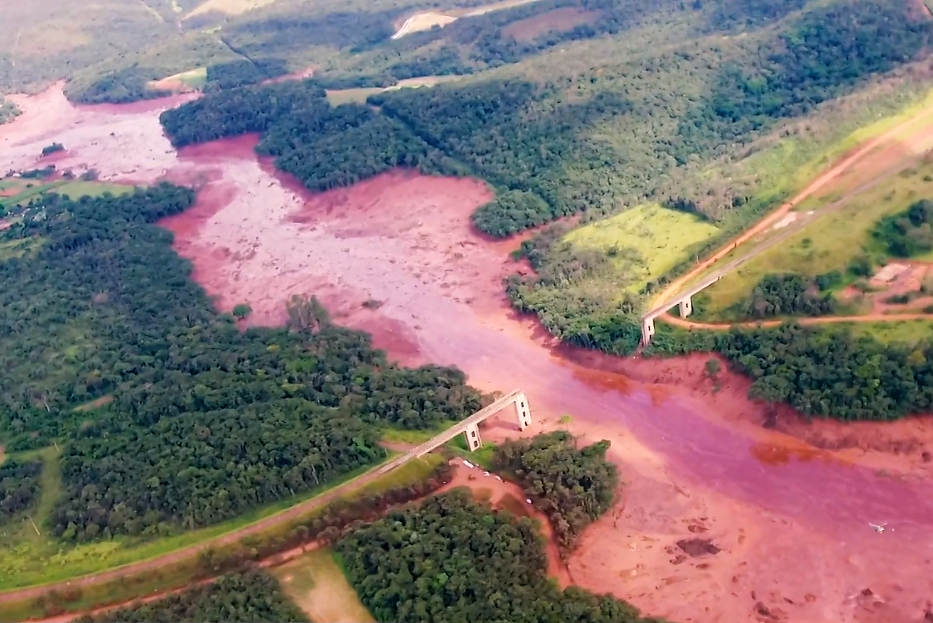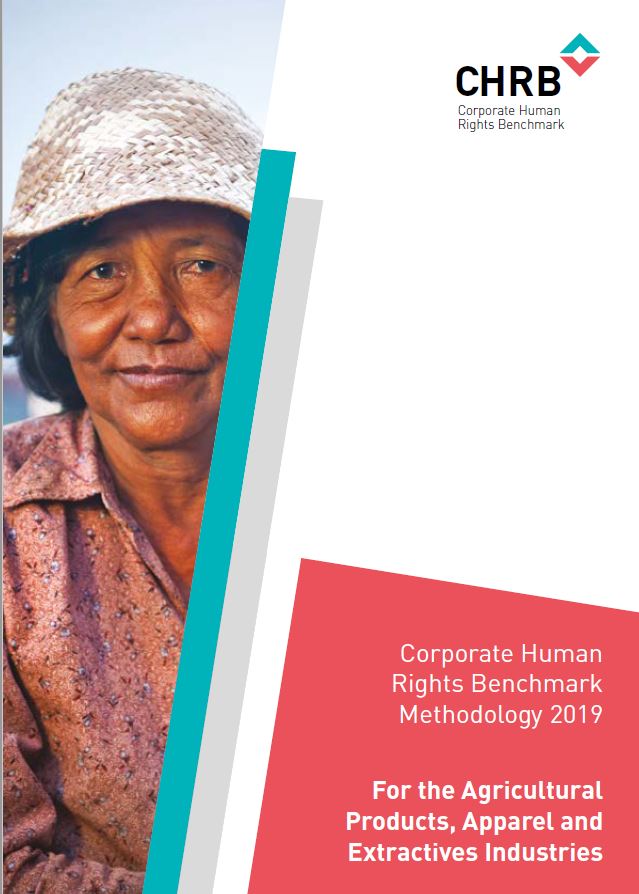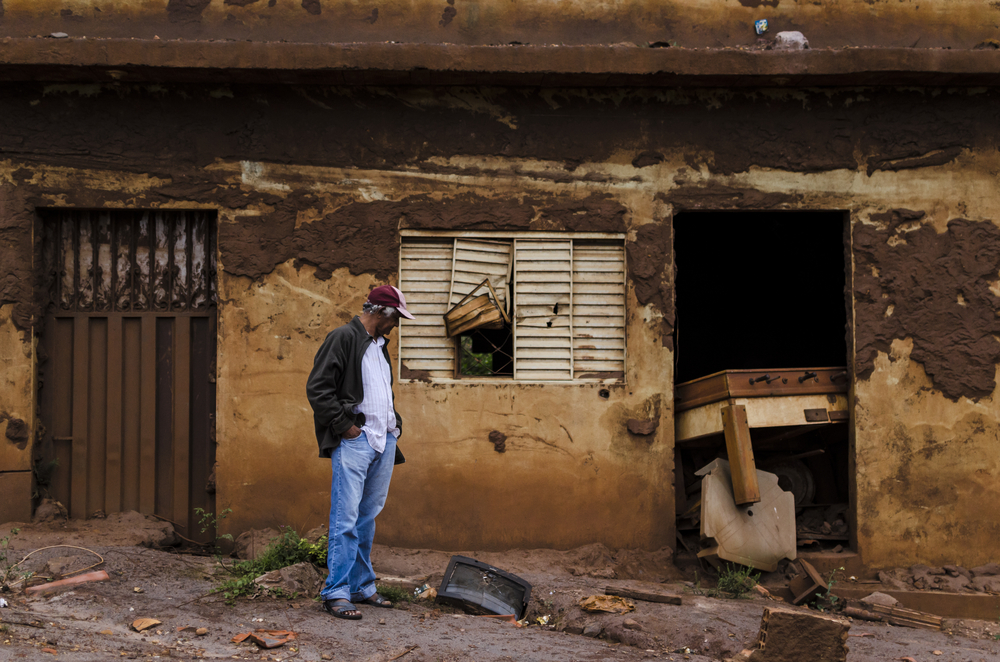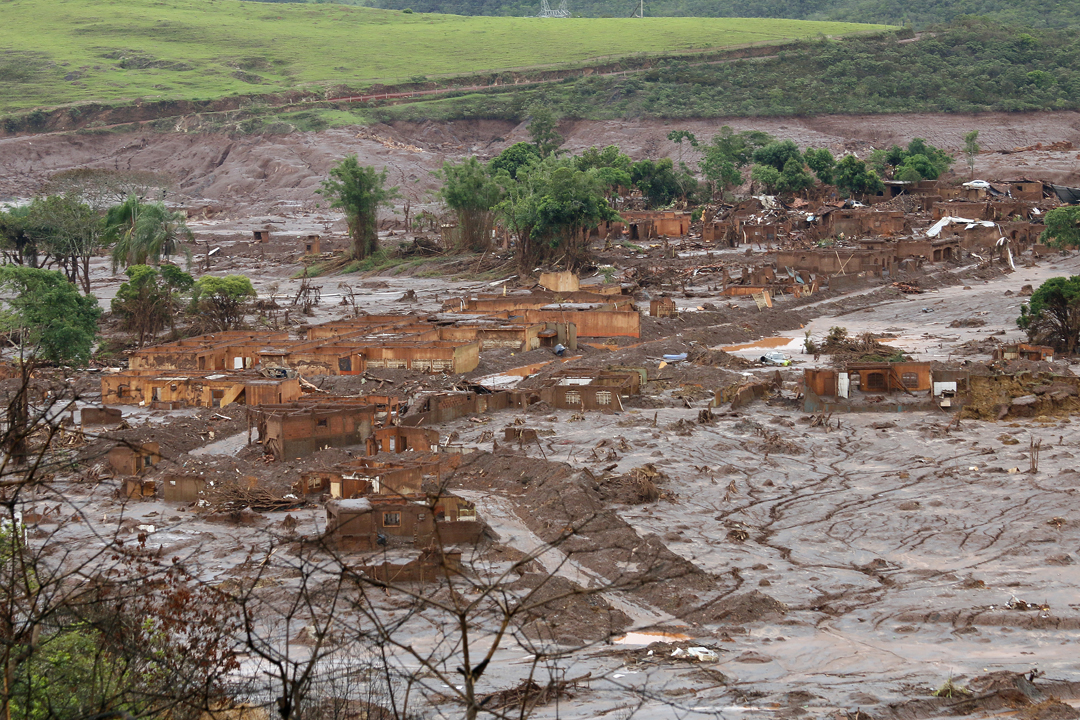Terry Slavin reports on the fallout from Brazil's latest deadly mining accident and investor calls for an global independent body to monitor mines from a group led by the Church of England Pensions Board
Vale, the Brazilian mining company responsible for last week’s deadly dam disaster, has been removed from the Corporate Human Rights Benchmark, where it had controversially ranked in sixth place last year.
“The Corporate Human Rights Benchmark seeks to provide robust and credible information on companies’ actions to respect human rights across their business,” Dan Neale, programme director at CHRB, said in a statement. “Given this latest disaster involving Vale, we have moved to ensure their inclusion in our benchmark is not now misleading.”
At last count, more than 100 people were killed and hundreds more remain missing after a tailings dam burst at the company’s Brumadinho iron ore mine, spewing 12 million cubic metres of mud and debris, which engulfed houses, cars, buses and hundreds of workers, many of them eating lunch in a cafeteria located just below the dam.
CHRB said it would review its methodology and make any adjustments needed to deal with such emergent, large scale, human rights impacts
On Tuesday, police in Brazil arrested five people as part of an investigation into the dam collapse and said three of them were officials from Vale. Meanwhile investors in the US opened a series of class actions lawsuits against the company, which is listed on the New York Stock Exchange, for failing to disclose environmental risks. Vale, which is the world’s largest producer of iron ore, a component of steel, announced it would decommission 10 other 1970s-era dams similar to the one that burst.
It was the second deadly dam disaster in three years. In November 2015, a dam owned by Samarco, a 50-50 joint venture of Vale and Anglo-Australian mining firm BHP Billiton, burst in another area of the state of Minas Gerais, killing 19 people in what was then considered Brazil’s worst environmental disaster.
CHRB said its scores provide a proxy for good performance, but its directors had already concluded before the latest disaster that “the current approach for assessing human rights allegations against companies was not particularly well suited to dealing with rare, large scale harm events, such as the Samarco disaster”.

It said it would review its methodology and make any “adjustments needed to deal with such emergent, large scale, human rights impacts, when more information is available”.
Vale’s high ranking in the 60%-70% band on the 2018 CHRB index, just below Unilever, and 20 places higher than in 2017, had raised eyebrows, particularly among NGO supporters of the benchmark.
The CHRB differs from most ESG benchmarks in that it uses publicly available information, rather than information submitted by companies, and measures how companies perform across 100 indicators based on the UN Guiding Principles on Human Rights, on issues such as forced labour, protecting human rights activists and the living wage. FTSE 100 company BHP Billiton, co-owner of the Samarco dam, ranked even higher last year, at number three on the list, behind Rio Tinto and top-scoring Adidas.
Our assessment [of Vale] showed a level of improvement, with changes being implemented in the wake of the Samarco incident
This is despite the fact that many of the victims of the 2015 Samarco disaster are still awaiting resettlement and compensation from Vale and BHP Billiton, and a delegation of victims had travelled to London in October to press their case.
At the launch of the 2018 benchmark in November, Peter Webster of EIRIS Foundation addressed concerns about Vale head-on, saying that companies are scored not on the number of human rights allegations are made against them, but how they handle such complaints, including whether they have implemented management changes to make improvements.
In the statement this week, the CHRB said it recognised the sensitivities around Vale, “But our assessment against the CHRB methodology showed a level of improvement in several areas, with changes being implemented in the wake of the Samarco incident.”

Vale’s CEO, Fabio Schvartsman, is described by the Financial Times as one of Brazil’s most experienced executives.
The CHRB is not alone in suspending Vale, which attracts investment from the growing number of emerging markets ESG funds.
This week, the FT reported that one of the biggest ESG ranking agencies, Sustainalytics, downgraded its recommendation, while the Church of England Pensions Board said that it had sold its holdings in Vale in the wake of the disaster.
We are confident of the power of the benchmark and its importance, and we are looking at a full methodological review next year
Phil Bloomer, executive director of the UK-based Business & Human Rights Resource Centre, and a director of the CHRB, said one of the main reasons that Vale had scored high in 2018 was that it had policies and procedures in place to remedy the victims of the Samarco disaster. “But a lot of that has yet to feed into practice,” he said.
He pointed out that the Samarco communities were dismayed when a federal court decreed in December that emergency financial assistance they had received from the companies would be deducted from the compensation they are still awaiting for loss of livelihood and property damage in the disaster three years ago.
“That’s an extraordinary thing to have happened. According to the public defender’s office that was at the request of the two companies,” Bloomer said. “From our point of view those are serious issues that we need to make sure the benchmark reflects. But we are confident of the power of the benchmark and its importance, and we are looking for ways to do small adjustments this year while looking at a full methodological review next year.”

Sasja Beslik, head of group sustainable finance at Nordic investment bank Nordea, one of the investor members of CHRB, said he strongly supported the CHRB’s decision to suspend Vale and to look at changing its methodology to try to reflect more closely how human rights risks are addressed in day to day operations.
But Beslik also said it was up to ESG funds to do their own due diligence. “Everyone [in the investment industry] talks about ESG. It’s almost standard operating procedure for companies. The music has changed and they’ve learned how to dance to it. But there are many pitfalls in the industry in that we are very bad at following through and [engaging with] the companies on the ground. … [Fund managers] are content to view from a distance.”
Simply put, these failures of tailing dams should not be happening. These are not black swan events
On Thursday of a group of funds representing over $1.3trn in assets under management including the Church of England Pensions Board, Swedish Public Pension funds, Dutch funds APG and Robeco, New Zealand Super, the UK’s LGPS Central and Canada’s BMO Global Asset Management, jointly called for a global independent public classification system to monitor the safety risk of tailings dams. The fund managers want annual audits of all tailings dams, as well as verification that the highest corresponding safety standards are being implemented.
Adam Matthews, director of ethics and engagement for the Church of England Pensions Board, said: “Simply put, these failures of tailing dams should not be happening. These are not black swan events. An independent classification system will ensure that communities, workers and investors know the safety standards of tailings dams are in place and if they are being applied. This proposal will drive a new level of accountability and transparency within the mining sector.”

In an interview Matthews said the group of investors decided to take this step because the International Council on Mining and Metals had failed to implement its own recommendations for a classification system for dams, despite the concerns raised by investors repeatedly in the wake of the Samarco disaster.
"We acknowledge that society requires many of the resources from this [mining] sector for the low-carbon transition, so we are keen to remain invested in the sector," Matthews said. "But we need a different approach because the current system is clearly not working.... That's why we are now making a clear intervention, because we need something to change."
Vale BHP Billiton CHRB Samarco responsible mining Brumadinho Nordea ESG


